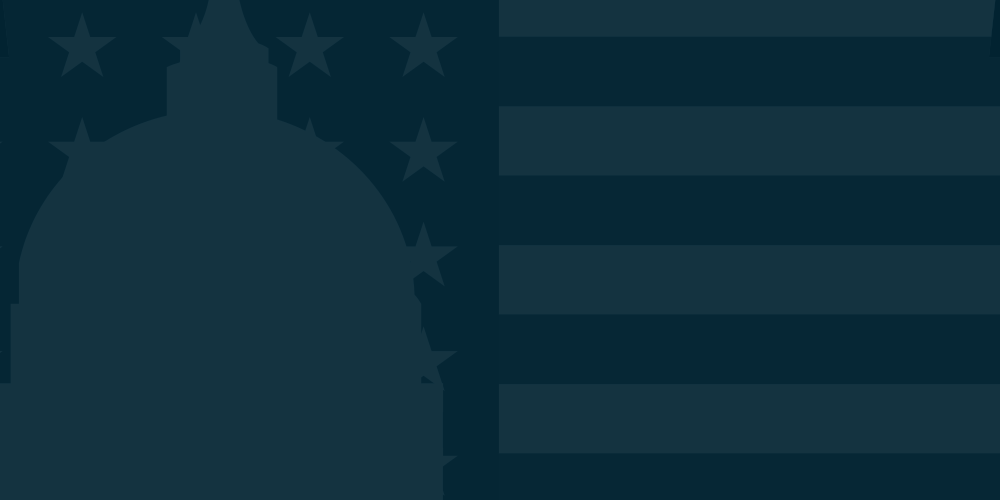The following is an article by Dr. Peter Lillback entitled “This Fourth of July, Remember the Importance of Christianity” posted at Townhall.com on July 4, 2010 (click here for the original).
You’re invited to attend a special lecture with Dr. Lillback, author of the Amazon.com #1 best-selling book, George Washington’s Sacred Fire, in Lancaster, Pennsylvania on July 27. Click here for details.
—
Myths have always surrounded George Washington. As we celebrate our nation’s birthday, it’s time to dispel the most dangerous – that he was not a Christian.
Since the 200th anniversary of his birth in 1932, the consensus of historians has been that Washington was a Deist – someone who believes in a remote and impersonal God who plays no role in human affairs.
In recent years, several books have been published, often referring to Washington as more “a man of honor than … a man of religion” or not a Christian “if one defines ‘Christian’ as the evangelicals do.”
Many of the leaders of the Revolutionary War were Deists, including Benjamin Franklin, Thomas Jefferson and Thomas Paine, author of “The Age of Reason.” But calling Washington one of them – that’s just sloppy scholarship. I challenge these historians to produce one verifiable statement from Washington’s writings that shows he was a Deist.
Scholars today, by and large, consider all the research to have been done on Washington’s faith. They think that there is nothing new to discover, and that the conclusion already reached, that Washington was not a Christian, is unimpeachable. The fact is that these secular scholars simply read their own unbelief into Washington to draw the desired conclusion.
Discovering the truth was made more difficult by Washington’s introspective nature. He didn’t like talking about himself. His personal faith was more often expressed in actions, according to his motto, “deeds, not words.”
But a careful examination of his thoughts, words and deeds shows that he was a devout 18th-century Anglican – what today would be called an Episcopalian.
Washington never claimed to be a Deist and never used the word Deist or Deism, and yet he does refer to himself as a Christian, using such phrases as “on my honor and the faith of a Christian.”
Washington believed in a God who was active in history, calling his faith the “blessed religion revealed in the Word of God,” speaking of Christ as the “Divine Author of our blessed religion,” and continually referring to the role of Divine Providence in the affairs of men.
Washington read sermons to his family. His writing was thick with Biblical allusions. He composed more than 100 prayers in his own hand – Deists don’t believe that God answers prayers.
In Washington’s writings, he used the word “God” at least 146 times, “divine” at least 95 times, “heaven” at least 133 times and “providence” at least 270 times.
His first act as president was a prayer. When he finished his oath of office at his first inaugural, he added the words, “So help me God,” and bent down to kiss the Bible. Then he led the crowd across the street to a chapel for a two-hour service. Alexander Hamilton’s wife said she was at Washington’s side when he took communion that day.
In his General Orders to the troops at Valley Forge, Washington wrote, “While we are zealously performing the duties of good Citizens and soldiers we certainly ought not to be inattentive to the higher duties of Religion. To the distinguished Character of Patriot, it should be our highest Glory to add the more distinguished Character of Christian.”
On Sept. 28, 1789, he wrote to the Rev. Samuel Langdon:
“The man must be bad indeed who can look upon the events of the American Revolution without feeling the warmest gratitude towards the great Author of the Universe whose divine interposition was so frequently manifested in our behalf. And it is my earnest prayer that we may so conduct ourselves as to merit a continuance of those blessings with which we have hitherto been favored.”
Where a nation starts determines where it ends. If our Founding Father was a Deist, we should certainly be secularists today.
But if our Founding Father was committed to a Christian worldview, Christianity today is not an interloper in the public square but rather has a legitimate role in addressing the secular assault against the historic values and beliefs of America.





